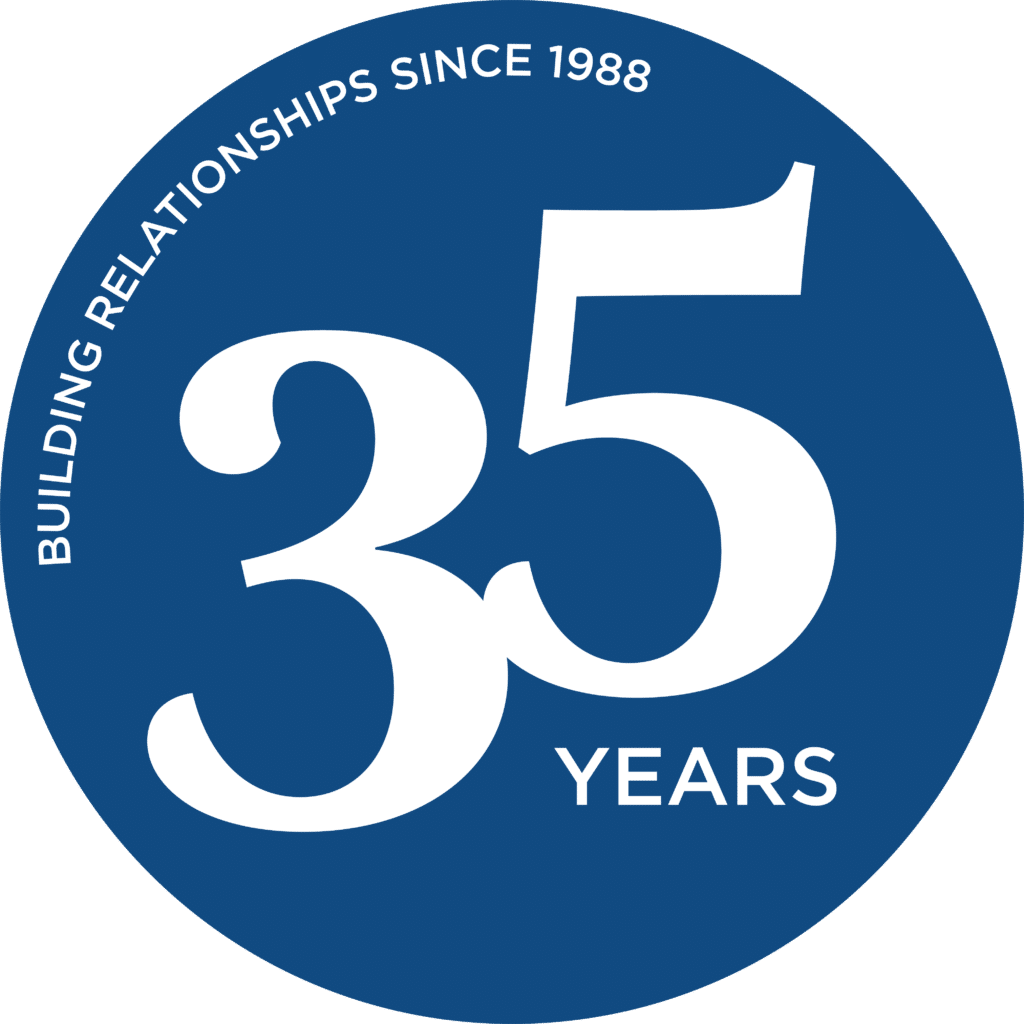It’s become an oft-repeated mantra – 2020 was an unprecedented year. Marked by the health concerns and economic fallout from the COVID pandemic, the abrupt shift to remote work for so many workers, the growing examples of social activism, and a divisive presidential election, 2020 truly was a year unlike any in recent memory. We won’t see a year like this―with so many issues creating so much change― again until….well, maybe 2021?
It would be nice to believe, or hope, that 2021 will be about stability and getting back to normal; however, there are a number of workplace trends – some already evident, some emerging – that will challenge organizational leaders over the next 12-24 months. While the topic of remote work has commanded many of the headlines, HR leaders should also have their focus on several other emerging work trends:
Mental health and emotional well-being support will become part of the “new normal” – The pandemic has given business leaders increased visibility into the personal lives of their employees, who have faced enormous personal and professional struggles over the last year. It’s becoming clear that supporting employees more effectively in their personal lives and with their emotional well-being enables employees to not only have better lives, but to also perform at a higher level.
Recent research by the Gartner organization showed that 68% of companies surveyed had introduced at least one new wellness benefit to aid employees during the pandemic. Forward-thinking organizations will continue working to de-stigmatize mental health by expanding benefits and building awareness across the workforce about this critical issue.
Flexibility will shift from location to time – While the topic of remote work will remain front and center for the near future as companies clarify their stance on where employees work, the next wave of flexibility will be around when employees are expected to work. Remote work leads to a blurring of lines between work and non-work time, and increased personal demands – wrestling with the challenges of virtual schooling or being a caregiver to a family member – have required many people to juggle their work schedules. Companies that offer employees flexibility – perhaps working in the evening in order to free up time in the afternoon to address a personal matter – are seeing early returns in increased employee engagement and productivity. A new paradigm is emerging in which employees will be measured on their output rather than an agreed-upon set of hours.
Remote work may have an unintended impact on increasing the gender-wage gap – It’s wonderful that technology has enabled so many to work away from their offices but data is emerging showing that managerial practices remain biased around in-person work. Recent survey data from several sources, including Gartner and WorldatWork, show that a majority of managers surveyed believe that office workers are higher performers than remote workers and, in turn, are likely to give in-office workers higher salary increases than those who work from home.
These surveys also show that men are more likely to return to the office while women are more likely to continue working from home; in fact, there is growing evidence that the pandemic has disproportionally caused women to drop out of the workforce altogether. HR and Compensation leaders will need to be vigilant to ensure that male employees are not rewarded simply for “showing up” to the office at the expense of female workers.
Privacy versus productivity – Research has shown that during the pandemic, over one-third of companies purchased new technology, for the first time, to passively track and monitor their employees. However, many of these same companies haven’t determined how to balance employee privacy with their technology, and employees are voicing their concerns.
“Trust” has emerged as a key factor in employees’ levels of engagement and commitment, and inconsistent approaches or lack of transparency around how data is being used by companies may lead to an erosion in this crucial attribute. The privacy issue has also captured the attention of important third-party stakeholders, such as unions and state or local governments, and it won’t be surprising to see new regulations or union requests for new bargaining agreements intended to place limits on employee monitoring. HR and Technology leaders need to develop creative and balanced policies to address this.
“Renting” talent to fill the skill gap – The number of skills employers are looking for has risen dramatically, particularly technical skills; LinkedIn research shows that companies listed about 30% more skills in job ads in 2020 than in 2017. Many companies are struggling with how to reskill the capabilities of their existing workforce fast enough to meet constantly evolving needs…. and the pace of change also has companies worried about adding new hires whose skills may soon be outdated.
What to do? Some companies are responding by expanding their use of contingent and contract hiring, in effect “renting” employees for a shorter period of time to meet the skill gaps they face. Other firms are paying a premium for “hot” skills in the job market. Savvy HR leaders will customize their talent strategies, in effect building a “portfolio” approach in which they will simultaneously develop employees (“build”), make permanent hires (“buy”), and engage temporary staff (“borrow” or rent) to meet business demands.
Yes, 2020 was volatile. But as we move into 2021 and beyond, the rate of disruption will likely accelerate as the implications from 2020 play out. Challenging? Yes…. but a wonderful opportunity for strategic and resourceful HR leaders to prove their value.
Rob Croner
Vice President, Senior Executive Services
CCI Consulting



